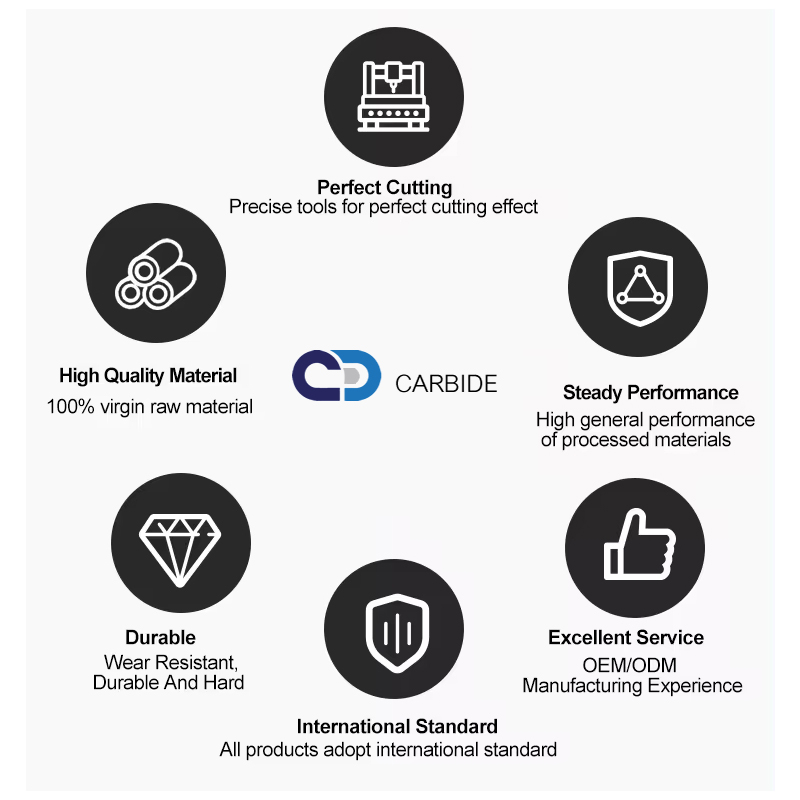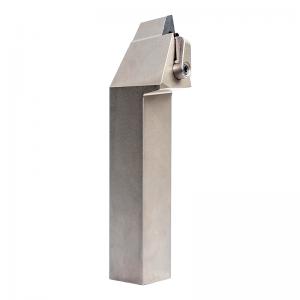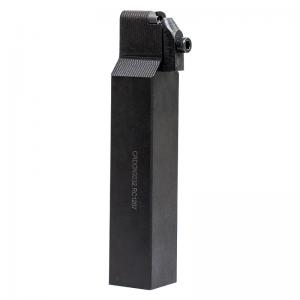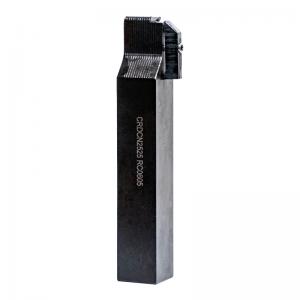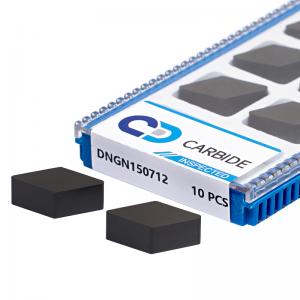What are carbide inserts used for?
Carbide inserts play a pivotal role in modern machining operations across various industries, owing to their
exceptional durability, versatility, and precision. These inserts are utilized in a multitude of cutting and shaping
processes, offering significant advantages over traditional high-speed steel tools. In this article, we delve into
the applications, advantages, and key considerations associated with carbide inserts.
Introduction to Carbide Inserts:
Chuangde is a manufacturer and distributor of carbide cutting tools and related products based in Zhuzhou, China. The company produces carbide cutting tools used in machining and metalworking processes for hardness and wear resistance. These include inserts, end mills, drills, reamers, burr, and special tooling. Its products are designed for Metal working.We offer high competitive prices and quality products. In stock,Free sample.
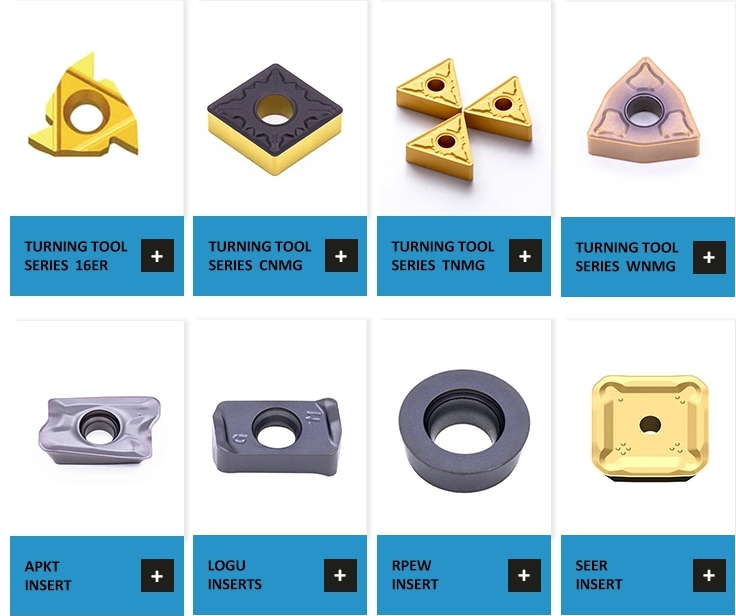
Applications:
Carbide inserts widely used in thread turning, cutting and grooving etc. It’s an good choice for roughing, semi-finishing, finishing.general machining of steel, stainless steel and cast iron.
1. Turning and Milling: Carbide inserts are extensively used in turning and milling operations across a wide
range of materials, including steel, stainless steel, cast iron, aluminum, and high-temperature alloys.
They excel in creating precise contours, threads, and surfaces with superior surface finish.
2. Drilling and Boring: Carbide inserts are employed in drilling and boring applications to create holes of
varying depths and diameters. Their high thermal conductivity and resistance to deformation ensure
consistent performance even in challenging drilling conditions.
3. Threading: Carbide inserts are preferred for threading operations due to their ability to maintain sharp
cutting edges over prolonged use, resulting in accurate thread profiles and reduced tool wear.
4. Grooving and Parting: Carbide inserts facilitate efficient grooving and parting operations, enabling the
creation of narrow channels and separation of workpieces with minimal material wastage.
5. High-Speed Machining (HSM):Carbide inserts are indispensable in HSM applications where rapid material
removal rates are essential. Their superior hardness and thermal stability enable sustained cutting speeds
and feed rates, enhancing productivity and cost-effectiveness.
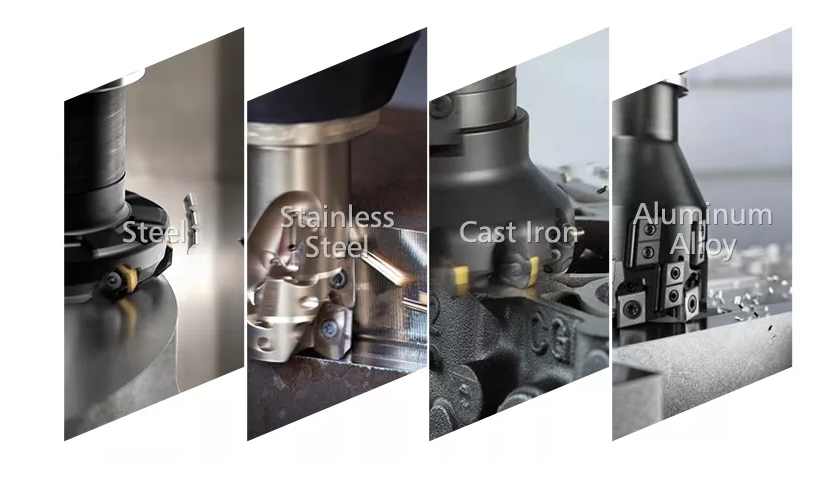
Advantages:
1. Extended Tool Life:Carbide inserts exhibit significantly longer tool life compared to conventional high-speed
steel tools, reducing tool changeovers and downtime.
2. Enhanced Productivity: The superior cutting performance and wear resistance of carbide inserts result in
faster machining speeds and increased throughput, enhancing overall productivity.
3. Improved Surface Finish:Carbide inserts produce smoother surface finishes with minimal burrs and defects,
eliminating the need for secondary finishing operations and improving part quality.
4. Versatility: Carbide inserts are available in a wide range of geometries, coatings, and grades tailored to
specific machining applications, offering versatility and flexibility in tool selection.
5. Cost Savings: Despite their higher initial cost, carbide inserts deliver superior cost efficiency over their
lifespan due to reduced tooling expenses, enhanced productivity, and lower per-part machining costs.
In conclusion, carbide inserts represent a cornerstone of modern machining technology, offering unparalleled performance, versatility, and cost efficiency across a diverse range of applications.
